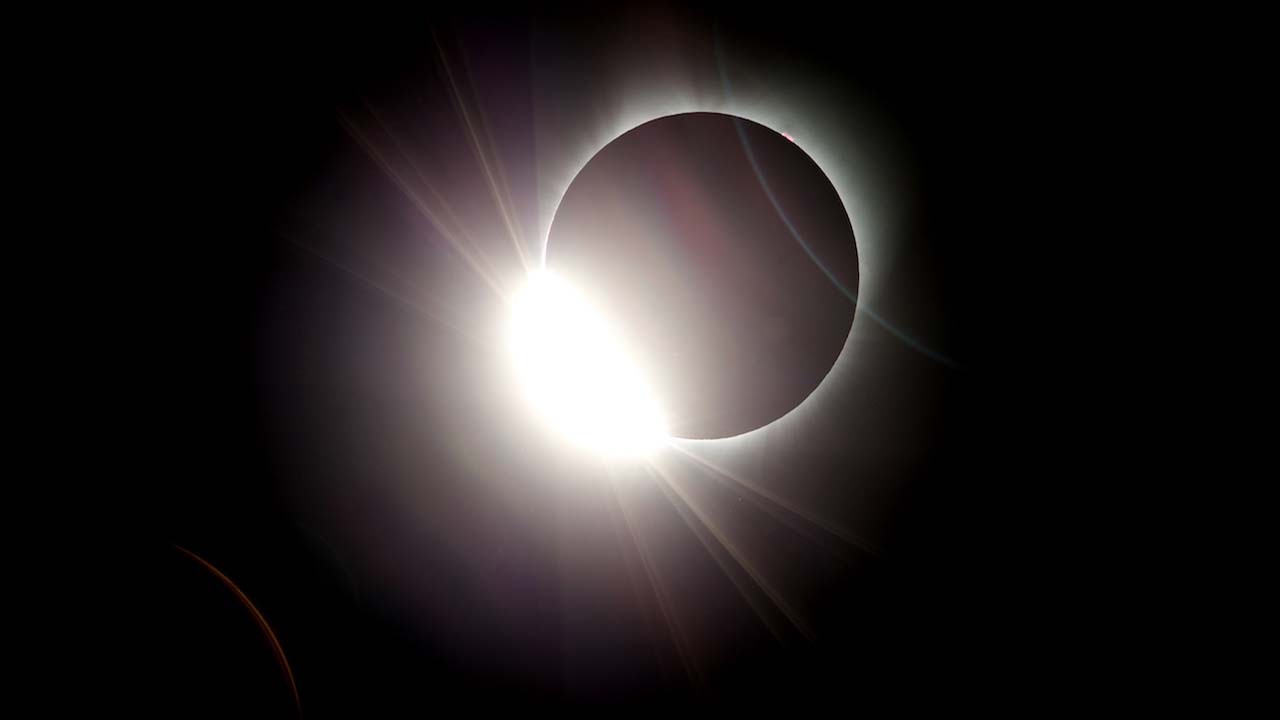VIDEO: Uh-oh, you stared at the solar eclipse without glasses... now what?

SAN FRANCISCO (KGO) -- Admit it. You had eclipse glasses, but you still peeked at the sun without solar eye protection.
If you are worried that you damaged your eyes, monitor yourself for any light sensitivity that may develop, as well as blurred or distorted vision.
Staring at the sun might cause some short-term damage, similar to snow blindness.
Photokeratitis is when you actually damage your cornea, the thin surface layer of your eye. It is similar to a sunburn. The symptoms may not show up for hours. According to the American Academy of Ophthalmology, these might include blurred vision, sensitivity to light, headaches, halos, temporary color changes and pain.
VIDEO: Watch 2017 total solar eclipse
These symptoms may go away in a day or two. You can relieve the effects of photokeratitis by placing a cold washcloth over your eyes, use artificial tear drops and take pain relievers, if necessary. Avoid rubbing your eyes and if you wear contact lenses, remove them immediately.
Staring at the sun for longer periods could cause more permanent damage. Solar retinopathy is when you damage your retina. That's the part of the eye that processes light.
The sun can burn cells much like a magnifying glass focused on the sun can burn through paper. Since the retina does not have any pain sensors, you may not notice any symptoms for hours, or even days.
Symptoms might include blurred vision, blind spots, distorted vision, color blindness and perception problems. If the damage is not too severe, the eye might recover in three to six months. But the risk of permanent damage is greater. Consult with an ophthalmologist if you have any of these symptoms.
Click here for full coverage on the total solar eclipse.
Written and produced by Juan Carlos Guererro
PHOTOS: Solar eclipse 2017 captivates America
























